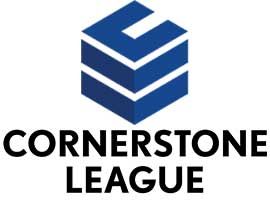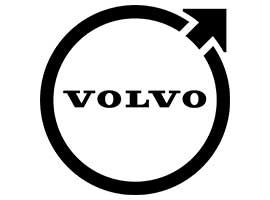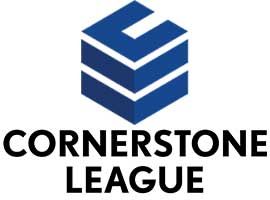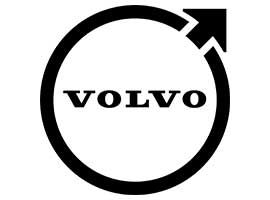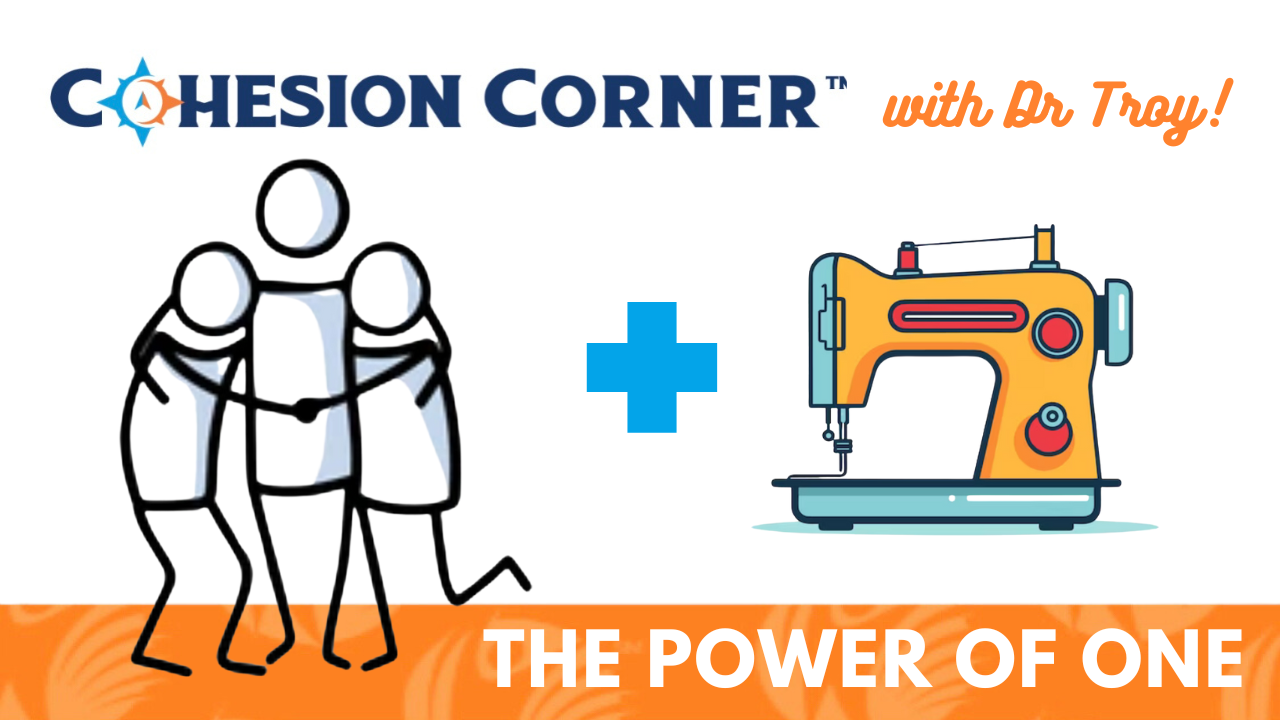
The Power of One
Early on, I learned that true leaders act on behalf of others. However, a leader cannot be in a position to serve others until they serve "the one," meaning they see the humanness in an individual before solving anything on a larger scale.
Serving might seem counterintuitive to leadership. You truly are never prepared to serve others until you understand how to serve.
It's imperative to understand this foundational truth of leadership: Genuine leaders advocate for others by initially embracing the individual - 'the one.' This underestimated principle stands as a testament to the profound influence that a singular act of service can wield on the entirety of a collective.
This lesson crystallized during a transformative experience in Kenya, where I witnessed firsthand the extraordinary potential embedded in the Power of One.
Two Men and a Sewing Machine
In 2017, I served on a global team working with business, government, and community leaders in Kenya to extend the teachings of savings mobilization and credit utilization throughout Africa.
While on a field engagement, I met two men. They were young, in their early twenties at best, and hailed from a township that was notoriously corrupt, where citizens feared for their lives, and drug use and prostitution was rampant.
A neighboring village elder had sought to give them a chance at a better life. These men could have chosen to leave the town for a better place, one that offered better opportunities, yet they decided to return home and make a difference.
When I asked what motivated them to return to their village, they said they wanted to change the way people treated each other and that they had a plan. The goal was to set up a business where “at risk” women could learn a trade. They would teach these women how to sew. It was extremely important to give these women an opportunity to express self-worth and earn money from a business that did not require them to sell their dignity for dollars.
Realizing that endeavors of this sort in the United States usually involve a wide scale program, I asked them how many sewing machines they had. In unison, they responded, “One.” I tried to process this applying American standards. I just couldn’t understand how they would make widespread change with just a single sewing machine. My follow up inquiry on the number of women in the program was met with a similar response. They had one woman interested.
I began to experience the problem that occurs when leaders impose their cultural views and understanding upon others. While I was looking for a way to impact the lives of many, my perspective changed to understand the importance of serving the one before the many.
They went on to explain that they knew if they could get just one woman on board, the others would also see sewing as a sustainable career option. They further surmised that this "one" would become an advocate and eventually, one would become two, then four, and so on and so on. The young leaders saw these women in their village as potential beacons of hope who had the power to change and be change agents in the lives of others too. They started their mission by focusing on "the one."
Once we take an idea, give it shape, and share it, we begin influencing others. In this case, I have every confidence that the woman who works with them will feel as if she belongs and that she has value, and that she will make a commitment to the effort and add to the community’s newly found identity.
If for no other reason than these young entrepreneurs’ enthusiastic, altogether altruistic approach, it’s clear to me they will effect great, big, beautiful life affirming changes in their community. AND that, however inherently or intuitively they arrived at it, they were well on their way to infusing cohesion into their culture.
Their program was a classic lesson in using the Power of One to build a safe environment when the women felt as though they belonged, understood their value and potential, and would work collaboratively on a commitment designed to improve the financial conditions and well-being of their lives and the community as a whole.
Make a Difference with the Power of One
There are a number of companies and non-profits that prioritize the "Power of One":
- Teach For All is a global network of organizations that focus on addressing educational inequity by recruiting and training individuals to teach in underserved communities. The organization believes in the power of one teacher to make a significant difference in the lives of students.
- Kiva is a microfinance platform that connects individual lenders with entrepreneurs in developing countries who need small loans. Through Kiva, individuals can make a direct impact on someone's life by contributing as little as $25 to help them start or grow a business.
- Heifer International works to end hunger and poverty by providing livestock and training to communities around the world. The organization's "Passing on the Gift" model highlights the power of one family's gift of livestock to transform the lives of others in their community.
How does your organization recognize the power of relationships? Are you effectively utilizing the Power of One to catalyze meaningful change?
Thank you for supporting Cohesion Corner™ with Dr. Troy! this year. I will be enjoying these last few weeks of 2023 with my family and the blog will return in 2024. I wish you a joyous Christmas and a happy and healthy New Year!
Thank you for reading my Cohesion Corner™ with Dr. Troy! blog. As a thank you, I would like to offer this free Strengths Self-Assessment downloadable. Complete the worksheet to discover your areas of leadership strength. Click here to download!
For more insight on this topic, please refer to these blog posts:
For leadership principles that can be applied today, click here to subscribe to Cohesion Corner™ with Dr. Troy!
Interested in reading more from Dr. Troy Hall? Check out my books available for purchase on Amazon

